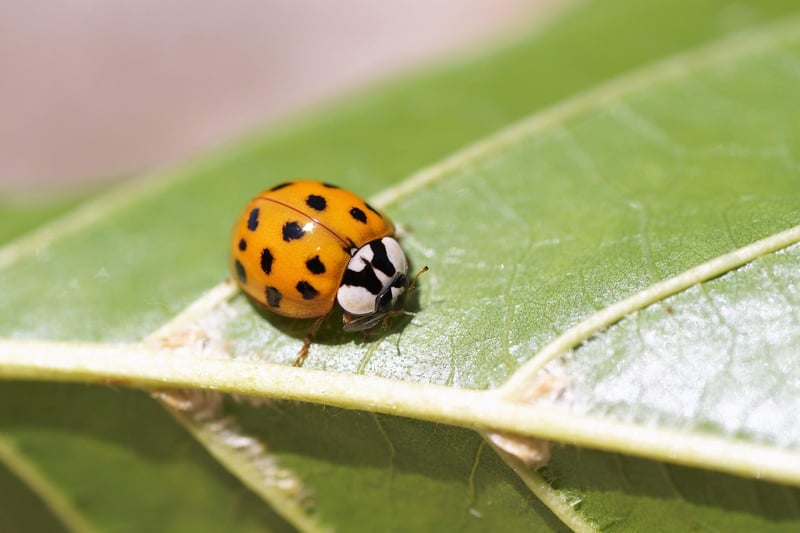Pest Control
Maintaining Healthy Plants: Effective Pest Control Tips
Having healthy plants not only enhances the beauty of your garden but also contributes to a cleaner and greener environment. However, one of the challenges that every gardener faces is dealing with pests that can harm plants. Here are some effective pest control tips to help you maintain healthy and thriving plants.
1. Identify the Pest
Before taking any pest control measures, it's crucial to identify the type of pest that is affecting your plants. By recognizing the specific pest, you can choose the most appropriate control methods without harming beneficial insects.
2. Natural Predators
Encouraging natural predators like ladybugs, lacewings, and birds in your garden can help control pest populations. These predators feed on harmful insects and can be a natural and effective way to keep pests in check.
3. Neem Oil
Neem oil is a natural insecticide that can effectively control a wide range of pests without harming plants. It disrupts the insect's hormonal balance, making it an eco-friendly option for pest control.
4. Diatomaceous Earth
Diatomaceous earth is a natural powder that can be sprinkled around plants to control pests like slugs, snails, and beetles. It works by dehydrating insects and is safe to use around pets and children.
5. Proper Watering and Pruning
Keeping your plants healthy through proper watering and pruning can help them resist pest infestations. Overwatering can attract pests, so make sure to water your plants only when needed. Regular pruning also helps improve air circulation and plant health.
6. Companion Planting
Planting certain herbs and flowers alongside your vegetables and ornamentals can help repel pests naturally. For example, marigolds can deter nematodes, while basil can repel mosquitoes and flies.
7. Homemade Remedies
You can create homemade pest control remedies using ingredients like garlic, chili peppers, and soap. These natural solutions can be effective against aphids, caterpillars, and other common pests.
8. Monitor Regularly
Regularly inspecting your plants for any signs of pest infestations can help you catch the problem early and take appropriate action. Early detection can prevent pests from causing significant damage to your plants.

By implementing these pest control tips and maintaining a healthy garden environment, you can enjoy beautiful, pest-free plants throughout the year.
Remember, a little care and attention go a long way in ensuring the well-being of your plants and creating a thriving garden for you to relax and enjoy.
Happy gardening!
